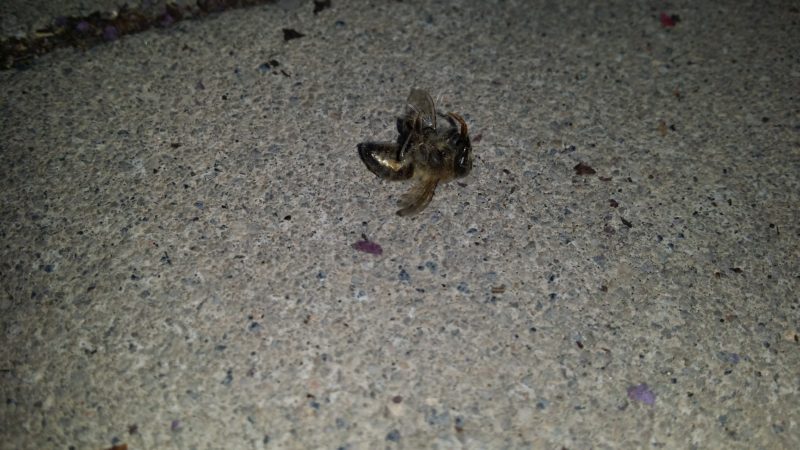Judge dismisses lawsuit against Sebelius and Collins (BioTechniques)
The lawsuit sought to overturn President Obama’s decision to lift the funding ban on embryonic stem cell research.
On Oct. 27, U.S. District Court Judge Royce Lamberth dismissed Sherley v. Sebelius which was brought against Kathleen Sebelius, Director of the Department of Health and Human Services (HHS) and Francis Collins, Director of the National Institutes of Health (NIH), on the grounds that the plaintiffs did not have a right to sue. According to Lamberth, embryos cannot serve as plaintiffs in a lawsuit.
The lawsuit alleged that as leaders of HHS and the NIH, Sebelius and Collins had violated the rights of one of the plaintiffs, Nightlight Christian Adoptions, by funding research that would reduce the number of human embryos available for their adoption program. The lawsuit also listed adult stem cell researchers, James Sherely of the Boston Biomedical Research Institute and Theresa Deisher of AVM Biotechnlogy as plaintiffs, the Christian Medical Association, and human embryos past and present.
In his ruling, Lambreth said that “embryos lack standing because they are not persons under the law,” and continued to say that the unborn have no right to life as protected by the 14th Amendment to the Constitution, according to past Supreme Court rulings, like Roe v. Wade in 1970.
On March 9, President Obama lifted a federal ban on funding for embryonic stem cell research. The lawsuit challenged the Obama administration’s decision, seeking to reinstate the laws in place under former President George W. Bush. The federal ban on embryonic stem cell funding was placed in 2001 and limited federal agencies, like HHS or the NIH, from funding any new embryonic stem cell lines.
In the suit, Nightlight Christian Adoptions alleged that the Obama administration’s new guidelines for stem cell research would limit the number of viable embryos available for their Snowflakes program, which helps parents adopt embryos that have been given away by the donors. Nightlight helps facilitate regular adoptions, embryo adoptions, and runs programs for orphans. According to Nightlight, over 200 babies have been born through the Snowflakes program since it began in 1997.
In his ruling Lambreth said that Nightlight, like the embryos, did not have the right to sue. According to Lambreth, the adoption agency’s claim was speculative, because potential embryo donors have to choose whether to continue to store their embryos, donate their embryos for research, or give them up for adoption. According to the ruling, this is a decision the stem cell research guidelines would not interfere with.
Executive director of Nightlight, Ron Stoddart told the Associated Press that another suit was still a possibility. “We’re considering filing an appeal,” said Stoddart, “It’s unfortunate that the court did not address the merits of the action and instead took the easy way out and said in essence that we were not affected by the new guidelines and therefore weren’t entitled to sue.”

